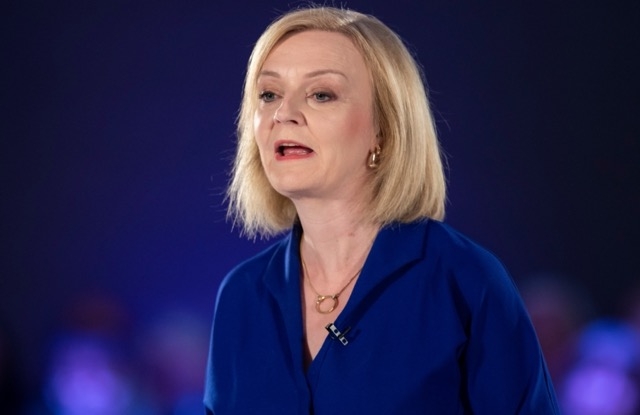Liz Truss MP has won the race to be Conservative Party leader and, by default, the next Prime Minister.
The Foreign Secretary beat ex-Chancellor Rishi Sunak by 81,326 votes to 60,399, in a vote by members of the Conservative Party.
The financial world will now be watching to see if Ms Truss sticks to her pledge to reverse a planned 1.25% rise in National Insurance.
Ms Truss will also need to deal with the cost of living crisis and soaring gas and electric bills. A freeze on energy bills is believed to be a possibility.
Hargreaves Lansdown said it believes other economic options for Ms Trust could be a cut in VAT from 20% to 15%, removing green levies from energy bills and a review of the current tax system, including Inheritance Tax.
Sarah Coles, senior personal finance analyst, Hargreaves Lansdown, said: “The smoke and mirrors of campaigning have been packed away, so after a summer of hints and pledges, soon we’ll finally discover whether the new Prime Minister will deliver the radical solutions that this profound energy crisis requires.
“Truss is putting an awful lot of faith in tax cuts to ease the pain of rising prices and then kick-start economic growth. Of course, we’ll have to see whether all that sticks when the rubber hits the road.”
Ms Truss is expected to travel tomorrow to Balmoral in Scotland to meet the Queen along with outgoing Prime Minister Boris Johnson. At the meeting, the Queen is expected to ask Ms Truss to form a new administration.
A new cabinet is expected and it is believed that Ms Truss will appoint Kwasi Kwarteng MP as her new Chancellor to replace existing Chancellor Nadhim Zahawi MP.
Work and Pensions Secretary Therese Coffey could move to become Health Secretary.
Reaction to the announcement of the new PM was mostly muted today but with some relief the election of the new leader is out of the way. However some observers believe a general election could be on the cards, creating more uncertainty.
Head of retirement policy at AJ Bell Tom Selby said: “Liz Truss may scrap the social care National Insurance levy as soon as she enters office. The levy was introduced in April this year with the stated aim of funding proposed reforms to the UK’s creaking social care system.
“In 2022/23 the Government simply added 1.25% to the National Insurance rate on workers’ pay, with the plan then to separate the levy out on payslips from April next year. The impact of cutting those rates back again depends on the income you earn. Someone earning £30,000 a year would pay £18.15 less NI per month – a helping hand but one that is dwarfed by energy price hikes."
Dan Boardman-Weston, CEO and chief investment officer at BRI Wealth Management, said: “After a lengthy summer of debate and disarray, it’s pleasing that we have certainty on who the next Prime Minister will be.
"The news of a Truss victory comes as little surprise to the markets given that she has been the firm favourite for a number of weeks and the impact on equity, bond and currency markets has been limited today, though sterling and gilts have been very weak over the last month.
"Truss enters office with an unenviable set of problems that she will have to react to quickly. First and foremost is the energy crisis that will quickly deal a crippling blow to households and businesses as we head into Autumn and Winter. Whilst it’s anticipated that support will be announced for households in the coming days, businesses need clarity on support they may be offered over the coming months.
"Without support from the government, countless perfectly viable businesses will be destroyed whilst energy prices remain high. There will be no honeymoon period for Truss and her premiership will be made or broken by her action over the next few months. The country needs decisive action and greater certainty. Hopefully, Truss will deliver.”

